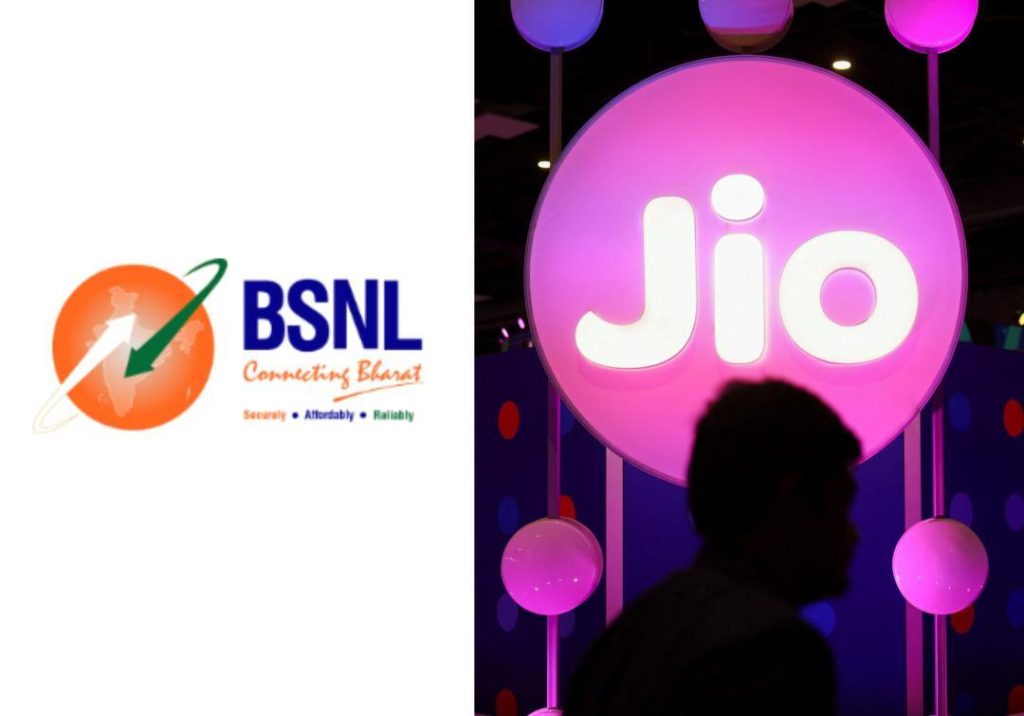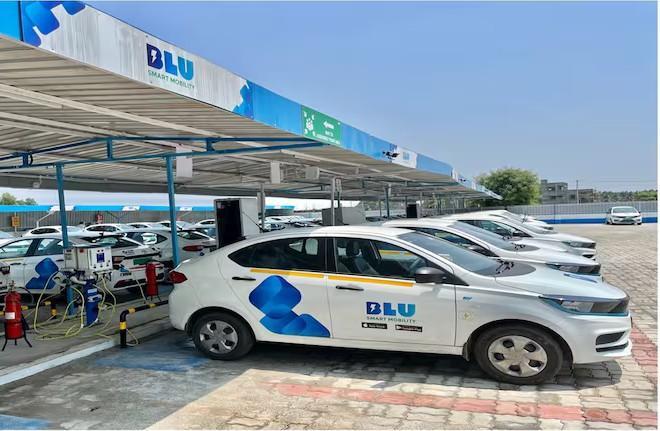
Title: No Revenue Loss of ₹1,757 Crore from Infra Sharing with Jio: BSNL
The state-run telecom firm, Bharat Sanchar Nigam Limited (BSNL), has denied a report by the Comptroller and Auditor General (CAG) claiming that the government incurred a significant loss of ₹1,757 crore as a result of the company’s failure to bill Reliance Jio Infocomm for passive infrastructure sharing. According to BSNL, there is no revenue loss to the company, and the previous demand and loss had been erroneously overestimated due to misrepresentation and the application of a clause for add-on components.
The CAG report had accused BSNL of not billing Jio for the usage of its passive infrastructure, such as towers, ducts, and cables, which led to a loss of ₹1,757 crore to the government. The report had also criticized BSNL for not taking any action to recover the loss despite being aware of the issue since 2014.
However, BSNL has rejected the CAG report and claimed that the company had been billing Jio for the infrastructure sharing since the inception of the agreement. The company has also stated that the clauses in the agreement were correctly applied, and there was no loss to the company.
“We have been billing Jio for the infrastructure sharing from the beginning, and there is no revenue loss to BSNL,” a company spokesperson was quoted as saying by ET. “Previous demand and loss had been erroneously overestimated due to misrepresentation and application of the clause for add-on components.”
The controversy surrounding the CAG report has sparked a heated debate in the telecom industry, with many experts questioning the accuracy of the report. Some have pointed out that the report was based on outdated data and did not take into account the changes in the telecom landscape since 2014.
The dispute between BSNL and the CAG has also raised questions about the accountability and transparency of government audits. The CAG report had accused BSNL of not being transparent about its financial dealings with Jio, but the company has denied any wrongdoing.
The controversy has also sparked a debate about the need for greater regulation in the telecom industry. Some experts have argued that the industry needs more stringent regulations to ensure that companies are held accountable for their actions and that the government is able to recover any losses.
In conclusion, the dispute between BSNL and the CAG highlights the need for greater transparency and accountability in the telecom industry. While the CAG report may have raised some valid concerns, BSNL’s denial of the report and its claims of no revenue loss suggest that the issue may not be as straightforward as initially thought. Further investigation and clarity on the matter are needed to resolve the dispute and ensure that the government is able to recover any losses.






